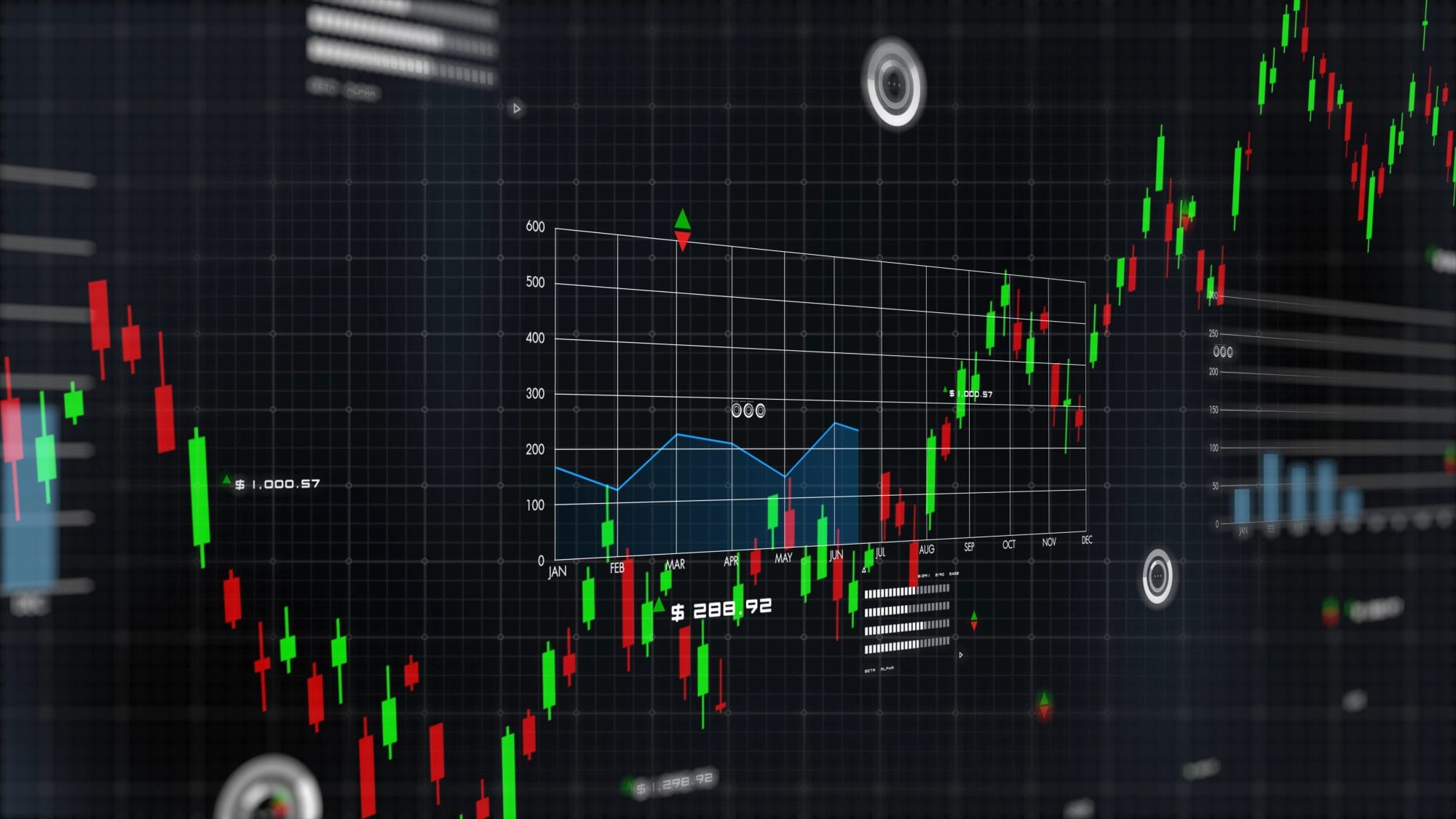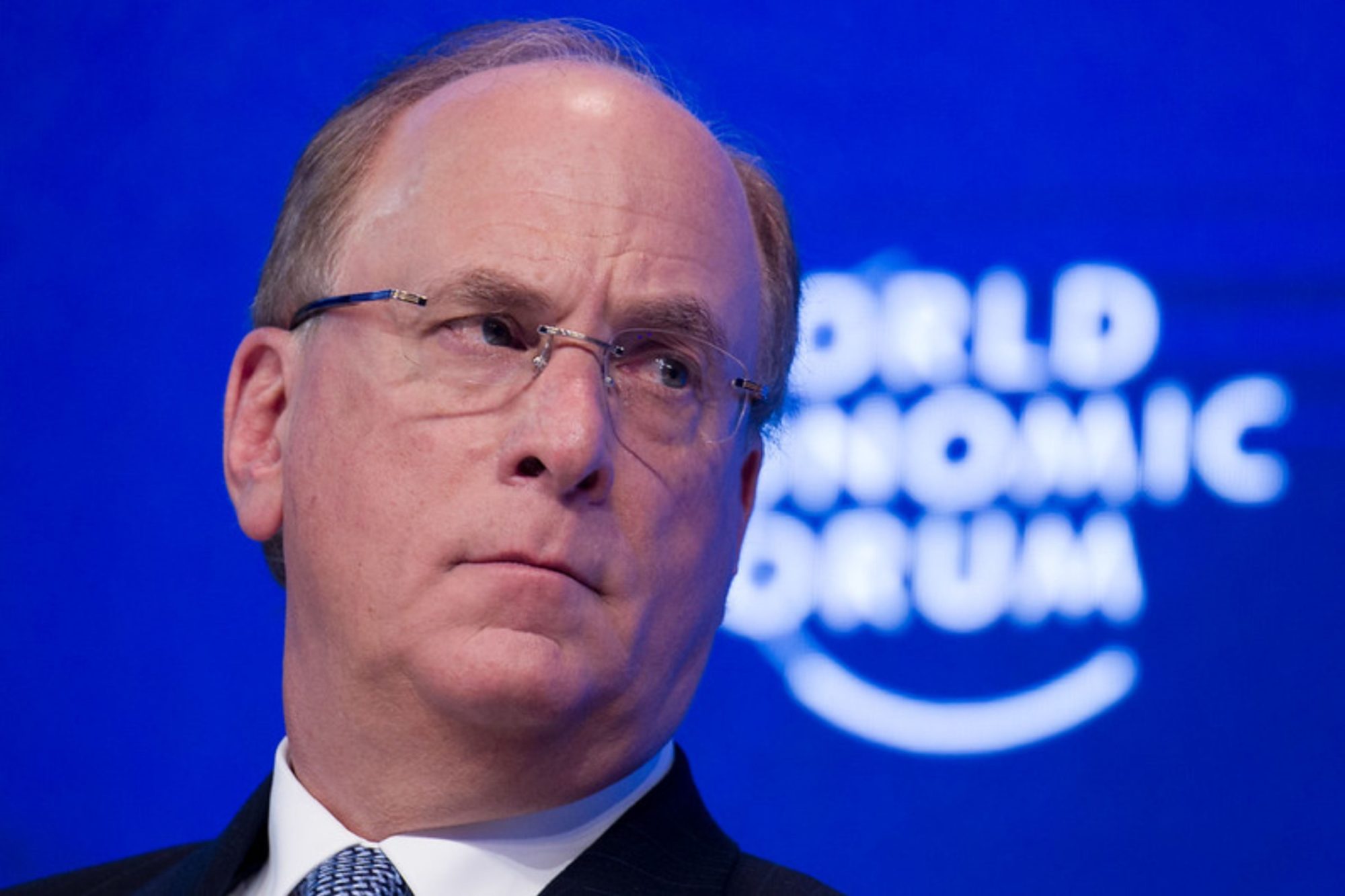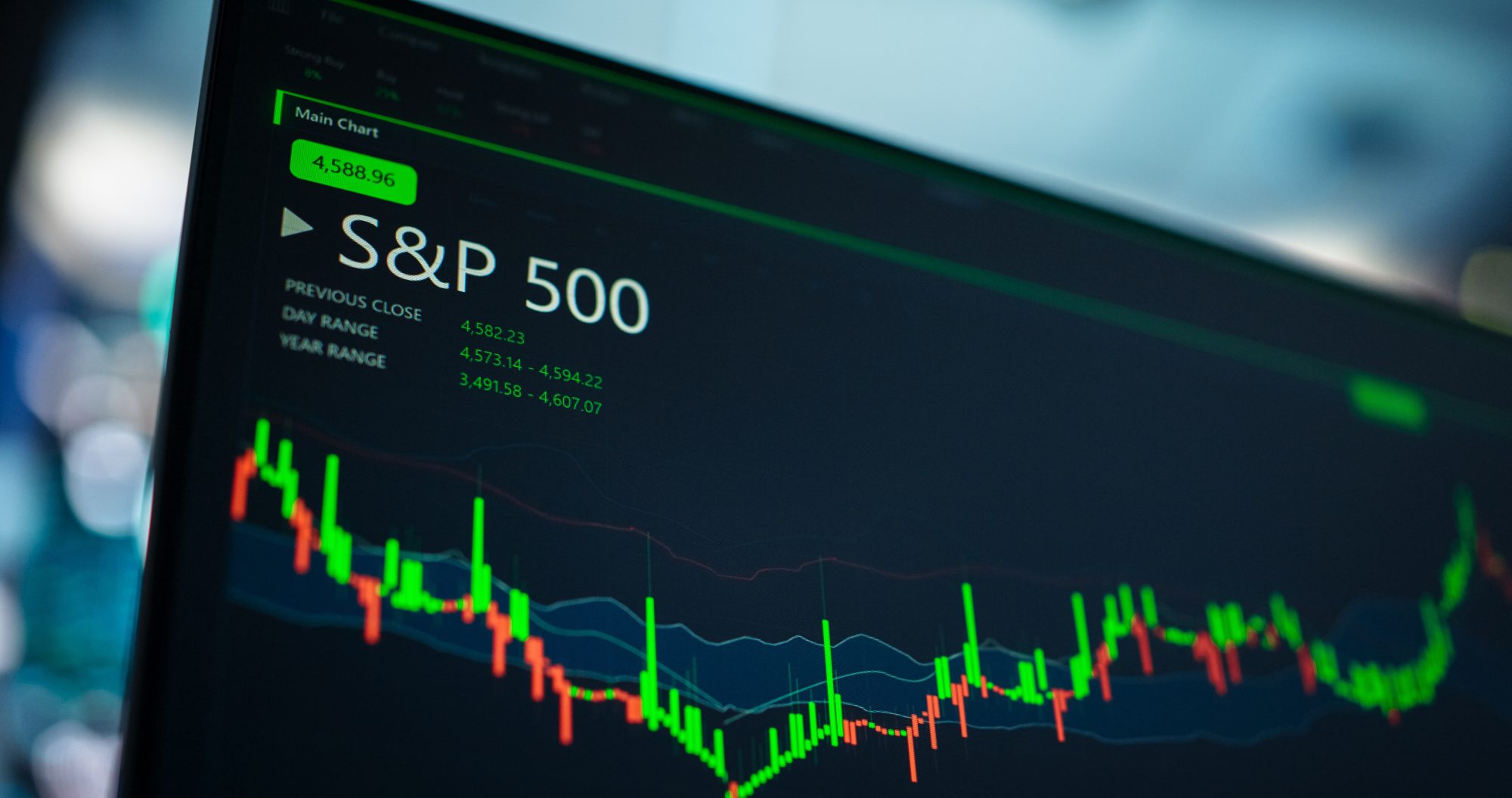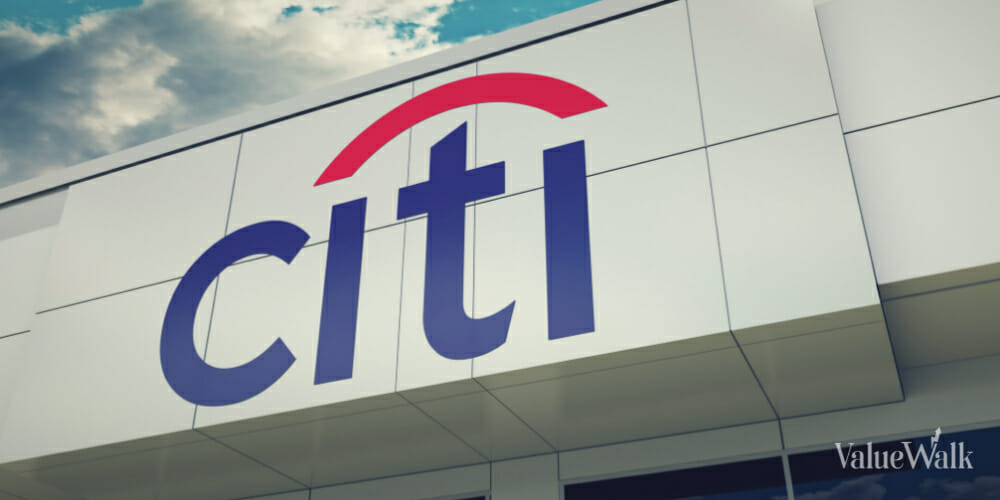You may have noticed that the price of Virgin Galactic (NYSE:SPCE) stock is quite different than it was just a few days ago. There’s nothing to be alarmed about, but at the same time, there’s scant motivation to stay invested in Virgin Galactic.
Founded by billionaire Richard Branson, Virgin Galactic was the first well-known, publicly listed space tourism company. There was lots of hope and hype to go around a few years ago, when interest rates were low, and speculating on privately funded rocket rides seemed like a brilliant idea.
However, it’s not 2021 anymore, and a risk-on asset like Virgin Galactic stock doesn’t seem to have the same moon-shot potential. Even as the private-sector space race continues, wide-eyed investors must now bring their get-rich-quick fantasies back to earth.
Virgin Galactic Stock Starts Trading Post-Reverse-Split
Here’s why Virgin Galactic stock is suddenly different. The company competed a one-for-20 reverse stock split, and SPCE stock started trading on an adjusted basis on Monday morning.
While one-for-20 is a decent-sized ratio, it raises the question of why Virgin Galactic would choose to do this. The company acknowledged that the purpose of the reverse split is to increase its share price to “meet the minimum per-share bid price requirement for continued listing” on the New York Stock Exchange (NYSE).
In May, Virgin Galactic disclosed that it had received a warning notification from the NYSE. The company was out of compliance with the NYSE’s listing requirements because SPCE stock had traded below $1 for 30 consecutive trading days.
Like forward stock splits, reverse stock splits don’t fundamentally change the value of the investors’ holdings. Anyone who previously held 20 Virgin Galactic shares will now have one share that’s worth 20 times as much.
Thus, Virgin Galactic stock would have traded at $13.70 on Monday morning instead of 69 cents — if some traders hadn’t decided to dump their shares. Possibly due to negative reactions to the reverse split, SPCE stock traded at around $12 and change on early Monday, down 10%.
Moreover, the market’s initial response to Virgin Galactic’s reverse-split announcement was quite negative. Why would investors be so pessimistic about Virgin Galactic doing what needed to be done in order to regain compliance with the NYSE’s listing requirements?
Most likely, the negative sentiment is based on the idea that a one-for-20 reverse stock split implies desperation.
Solid businesses typically don’t resort to high-ratio reverse splits to avert delisting. Oftentimes, the share price just ends up falling back below the threshold, and then the company enacts another reverse split, and the vicious cycle continues.
The last flight for a while
I implied that Virgin Galactic isn’t a rock-solid business, but there’s no denying that the company successfully completed a space-flight mission with four tourists. Dubbed “Galactic 07,” it was Virgin Galactic’s seventh flight mission to date.
That’s undoubtedly exciting, but successful missions don’t ensure profitability. In the first quarter, Virgin Galactic recorded $2 million in revenue but also a whopping $113 million in GAAP-measured operating expenses.
Furthermore, Virgin Galactic reported a net earnings loss of $102 million for the quarter with negative free cash flow (FCF) to the tune of -$126 million.
The purpose here isn’t to downplay Virgin Galactic’s scientific achievements. CEO Michael Colglazier had every right to tout spaceship Unity’s final flight as a “breathtaking and proud moment.”
Now that the Unity spaceship is officially retired from service, Colglazier braced the space-flight community for the rollout of Virgin Galactic’s next generation of spaceships, which will be named Delta.
Unfortunately, it won’t happen this year or even next year. According to Virgin Galactic, the production schedule “for the Delta Class spaceships remains on track for revenue service in 2026.”
Thus, it will be a no-fly zone at Virgin Galactic headquarters for quite a while. That’s a major problem for the company’s investors when the news of successful space flights is a crucial motivating factor.
The lack of any additional space flights on the calendar, the reverse-stock-split news and the company’s financial faults could combine to cause consternation for Virgin Galactic’s downtrodden shareholders in 2024 and 2025.
Hence, unless circumstances change dramatically, it’s difficult to envision an imminent liftoff for Virgin Galactic stock.














